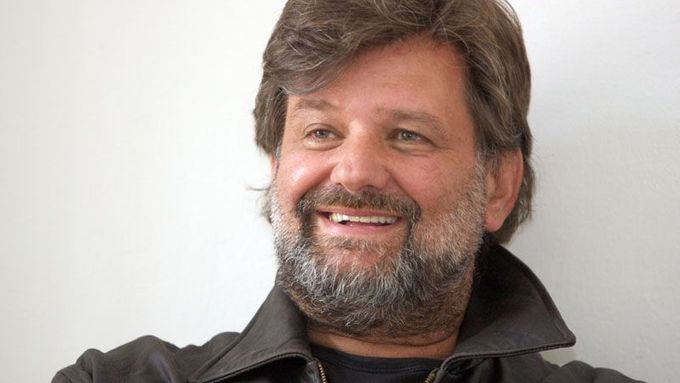Prague - After five hours of intense negotiation in the night from 18 to 19 April, the highest representatives of the Czech Republic's three government parties agreed that the three member cabinet will continue, in what appears to be the end of a serious crisis that erupted a few weeks ago.
It was decided that Radek John, the chairman of Public Affairs, a junior government member around which the crisis revolved, will quit as Interior Minister, and become Deputy PM for fighting corruption. Public Affairs' grip on the Interior Ministry was one of the key issues of the crisis.
Read more: Fitch watches if Czech govt crisis will affect reforms
Read more: Czech government seeks support of turncoats to survive
PM Petr Nečas from Civic Democratic Party (ODS), the largest government party, would like the ministry to be headed by Jan Kubice, a former chief of a special police unit that fights organized crime. All three parties have agreed with Nečas' proposition.
Initially, Nečas also wanted to suspend Josef Dobeš (Public Affairs) from his post of Education Minister, and last week he even brought this proposal to Czech President Václav Klaus, whose signature is needed before any resignation or suspension of minister takes place. However, yesterday's meeting created a compromise: Dobeš will stay in his post in order to finish his project of unified secondary school-leaving exams organized by the state.
After the resignation of Transport Minister Vít Bárta, who is believed to be the actual leader of Public Affairs, his government post will be occupied by Radek Šmerda, a state deputy. After Bárta cleans the corruption accusations raised against him, he will be permitted to re-assume his government post.
Read more: Czech govt party disintegrates, coalition threatened
"By the end of June, the government will present its key reform bills to the Chamber of Deputies and will tie them to a no-confidence vote," PM Nečas said shortly after the midnight.
Read more: Czech govt presses for higher taxes, stronger state
"We are falling to the level of countries such as Zimbabwe," said deputy Jiří Paroubek, who was formerly a PM and chairman of Social Democracy, the largest opposition party. Paroubek has been waging a legal battle against Kubice since 2006, when Kubice's police unit published a report about what it described as a growing influence of organized crime in the Czech civil service. The report was published only a few days before the 2006 legislative elections and was highly critical of then-PM Paroubek, whose Social Democracy eventually lost the election.
Nečas added that the government will get further reshuffled in the months to come, but refused to explain which government posts will these changes concern.
Defense Minister Alexandr Vondra, accused of corruption, has already offered his resignation, but so far he stays in his post.
"He is a very credible person, experienced in fighting corruption," said Radek John about Jan Kubice, his successor in the post of Interior Minister, adding that Kubice's profile guarantees that the anti-corruption efforts of the ministry will continue. Radek John himself, as Deputy Minister, will coordinate anti-corruption efforts of four ministries - interior, justice, local development, and industry.
According to PM Nečas, Kubice has already accepted the post of Interior Minister. The only thing needed now is the approval of Czech President Václav Klaus.
Public-Private Partnership?
Nečas also said that former policeman Kubice will have to resign on his entrepreneurial activities - he is a co-owner of a security consultancy frim. His company advises its clients, private persons and companies, how to protect themselves and their property.
This detail may be more important than it appears, because the latest government crisis revolved mostly around the links between Public Affairs and ABL, a powerful security agency founded by Vít Bárta, the de-facto leader of the party. Kristýna Kočí, a "renegade" member of Public Affairs, went so far as calling the party "a political division of ABL". Because of this, the Czech political scene, media, and public are currently very sensitive to any links between politics and private security companies.
The agreement reached by the highest representatives of the three parties is yet to be sanctioned by the parties' clubs of deputies, which will meet tomorrow, on Tuesday 20 April.
Public Affairs will have to decide whether it is acceptable for them that their chairman, Radek John, will quit in a key government position. So far, the party has strictly refused this possibility.
On the other side, TOP 09 is expected to accept the agreement.
Some in ODS are convinced that the coalition should continue without Public Affairs, but in spite of this internal dissatisfaction the party's club will probably accept the agreement too.






